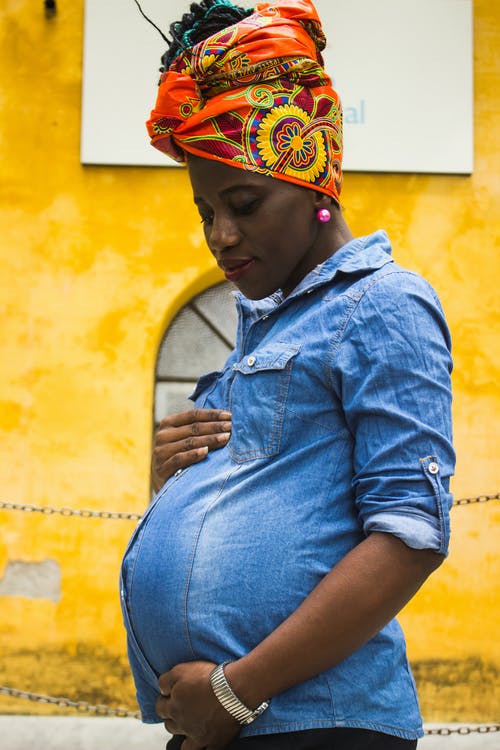Expecting moms need a high level of care for themselves and their children..
Studies have proven that having top maternity services and being able to provide adequate care to expecting mothers and their children are huge predictors of having success in the long term, and that families who feel their hospital will be able to meet their needs will keep these facilities in business. This has been especially difficult, however, during the coronavirus pandemic as already short-staffed facilities are allocating all of their resources toward crisis care.
“All families deserve to be informed on how hospitals perform on key indicators of quality,” said Ben Harder, managing editor and chief of health analysis for U.S. News. “Hospitals that performed well had fewer newborn complications, fewer early deliveries and fewer C-sections compared to other hospitals across the nation.” Having a child is also a ‘crisis’ perse that has been overlooked and families need to know that all will go well for mom and child.
U.S. News looked at hospital data from more than 2000 facilities examined, all willing participants in their study, there were roughly 200 that took top seats ranking-wise, as determined by uncomplicated pregnancies based on five criteria, which included: “scheduled early deliveries, cesarean section rates in low-risk women, newborn complications, rate of exclusive breast milk feeding, and option for vaginal births after cesarean (VBAC).”

According to the team, the highest performing hospitals had “average nulliparous, term, singleton, vertex (NTSV) C-section rates of 21.1%; early elective delivery rates of 1.3%; overall unexpected newborn complication rates of 2.4%; and exclusive breast milk feeding rates of 58.6%,” U.S. News reported. “In addition, 92.4% offered routine options for VBAC. Hospital profiles also included information on services and amenities, such as private rooms, valet parking, and availability of child birthing classes.”
The team did indicate that their study did not cover (due to lack of) facilities in each state that had these relevant metrics and that, the “analysis was also not able to be generalized to high-risk obstetrics,” U.S. News said.
Another recent study found that COVID-19 has significantly impacted the care expecting and new mothers receive, which could have had an effect on the ratings of many hospitals during the coronavirus. Hospitals have not only been understaffed as new COVID-19 patients are filling up beds, but they’ve had to allocated already short staffs to care for these patients. The result is that expecting moms may be feeling less attended to. Their doctors also have to ensure that patients with life-threatening symptoms are being treated quickly. Many nurses, physicians, and other staff experiencing overwhelming burn out have left the field.
That study, published in Frontiers in Sociology, concluded that “crisis response [offers an opportunity for further study as it] reveals the fractures in our current maternity care that might enable us to build a more sustainable and safer system of maternity services in which women can choose among multiple birth sites and multiple types of providers. We urge providers and policy makers to use these disruptive times to apply the lessons learned and work toward a leaner, more cost-effective, and decentralized maternity care system that integrates midwives with obstetricians and community birth providers with hospitals, while working.”
Sources:
The Impacts of COVID-19 on US Maternity Care Practices: A Followup Study
In First ‘Best Hospitals for Maternity’ List, Not All States Have High Performers


Join the conversation!